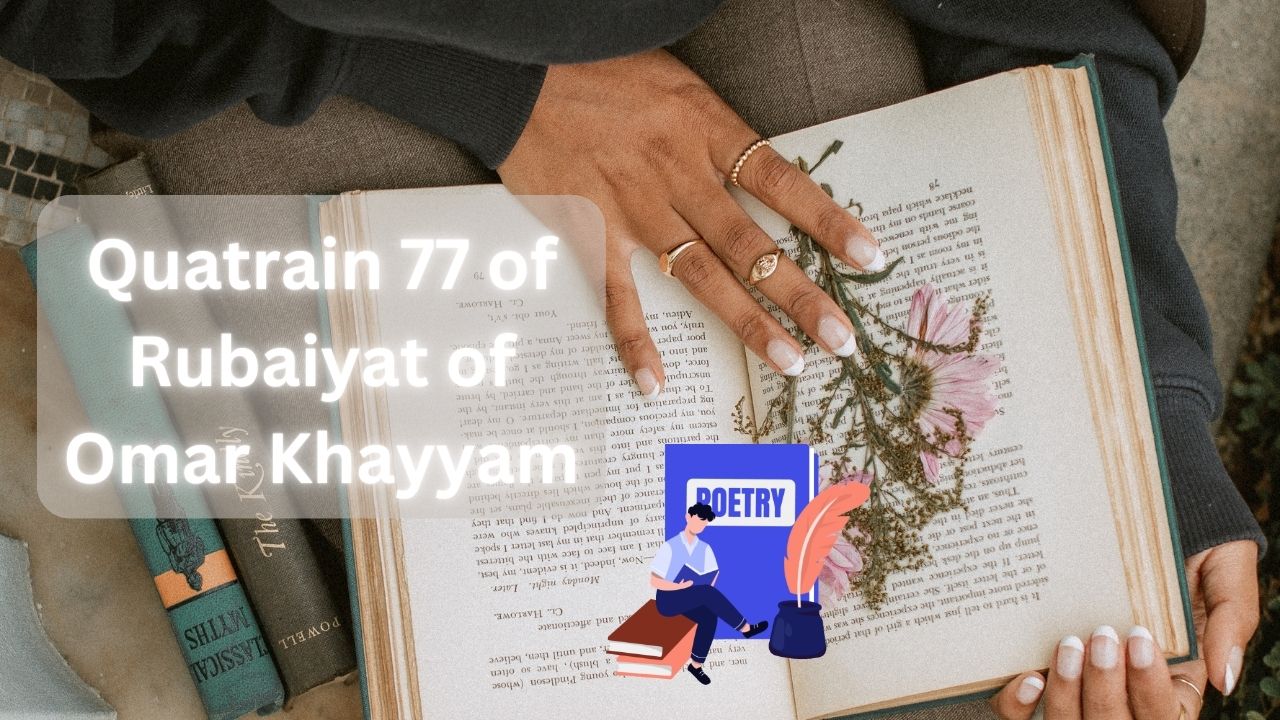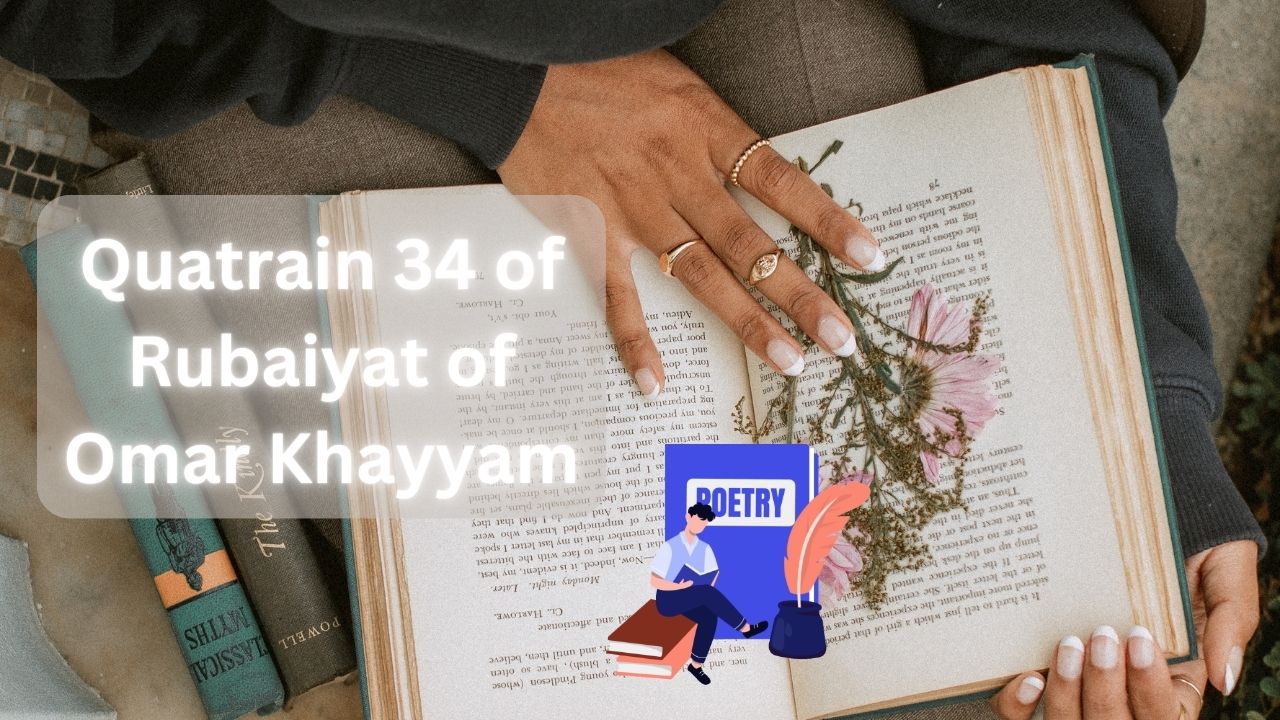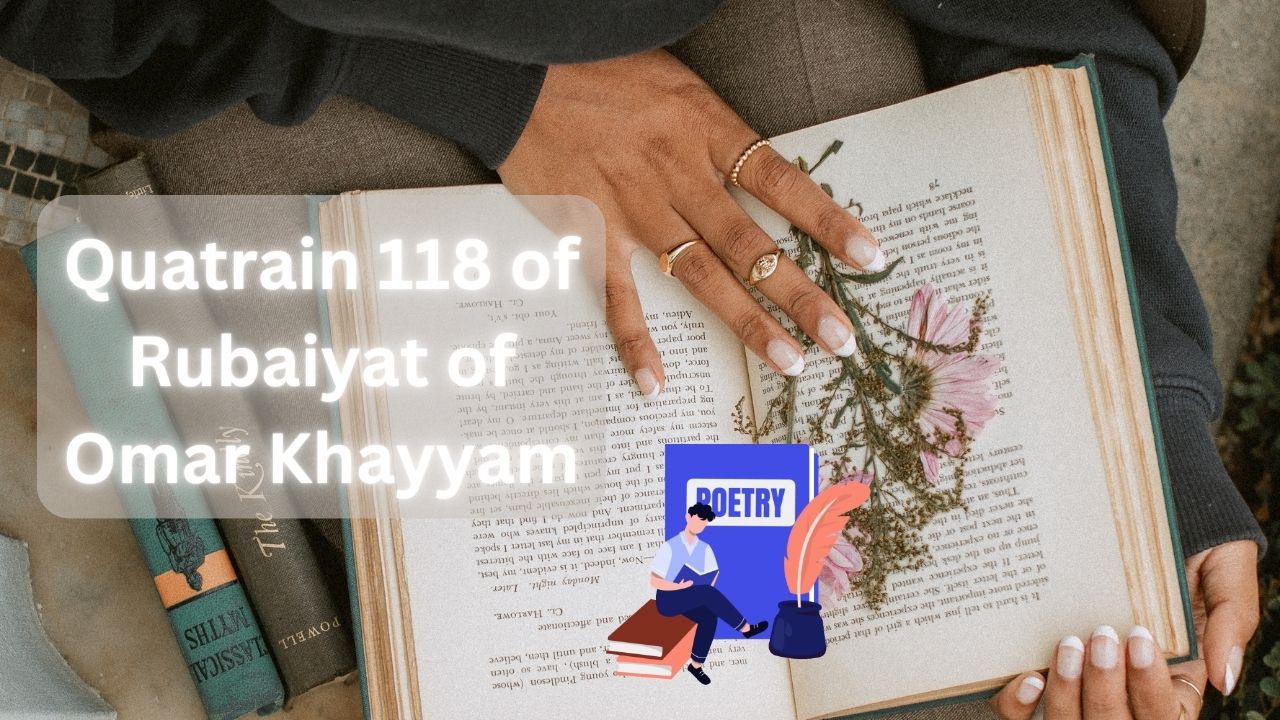Hi everyone
In Khayyam's Quatrain 77, the pursuit of happiness through a simple life is explored. This video discuses this poem, starting with the original Persian verse. We then move on to the English translation, followed by a concise analysis to unpack the meaning.
در دهر هر آنکه نیم نانی دارد
از بهر نشست آشیانی دارد
نه خادم کس بود نه مخدوم کسی
گو شاد بزی که خوش جهانی دارد
In this world, whoever has half a loaf of bread
Has a home for sitting and resting.
Neither a servant nor a master,
Say, live happily, for he has a pleasant world.
This quatrain speaks of the idea of contentment and finding happiness in simplicity. The poet suggests that one does not need material possessions or social status to be happy. Instead, one should focus on appreciating the simple things in life and being grateful for what they have.
Here's a more literal translation of the quatrain:
In the world, whoever has half a loaf of bread. Has a place to live as home.
He is neither a servant of anyone nor a master of anyone. Say, live happily, for he has a pleasant world.
This quatrain focuses on the importance of fulfilling basic needs like food and shelter. It emphasizes the freedom and self-reliance that come with having those needs met. This, in turn, highlights the joy found in living a simple and contented life. The poem suggests that being free from the burdens of servitude, whether literal or figurative, allows one to find true happiness.
This quatrain reminds us that true happiness comes from appreciating simple things, rather than accumulating possessions. It encourages us to be grateful for what we have and to pursue a life filled with meaning and purpose. While material possessions can bring fleeting joy, they often come with burdens of responsibility and the potential for stress. Similarly, both serving others and having someone serve us can be sources of unease. Khayyam suggests that true happiness lies in a state of self-sufficiency – having one's basic needs met, the freedom to choose one's path, and the absence of obligations that create stress. This allows one to live a life of contentment and joy.
While achieving complete self-sufficiency isn't always possible in our interconnected world, Khayyam's poem celebrates those who can find contentment within their means. The message is an encouragement to strive for a life that balances basic needs, freedom, and purpose, even if it doesn't perfectly match the ideal presented in this quatrain.
Omar Khayyám’s poetry often reflects on life, existence, and the simple pleasures. This particular quatrain emphasizes contentment with what one has, regardless of social status or material wealth.





